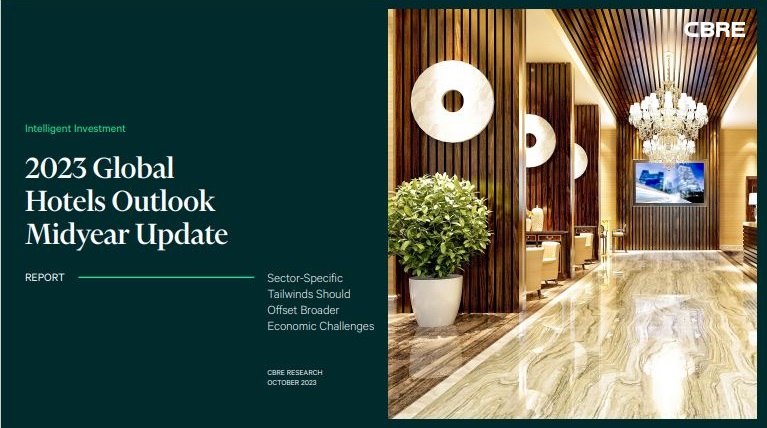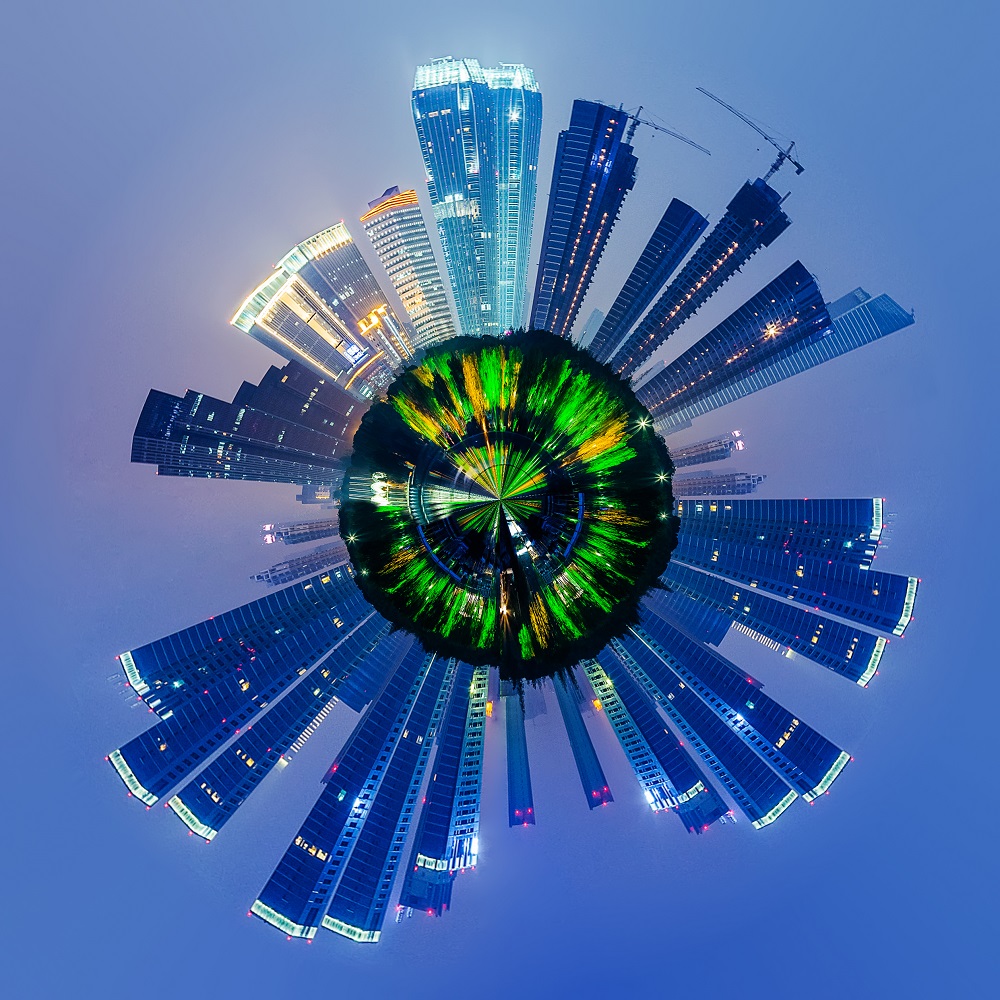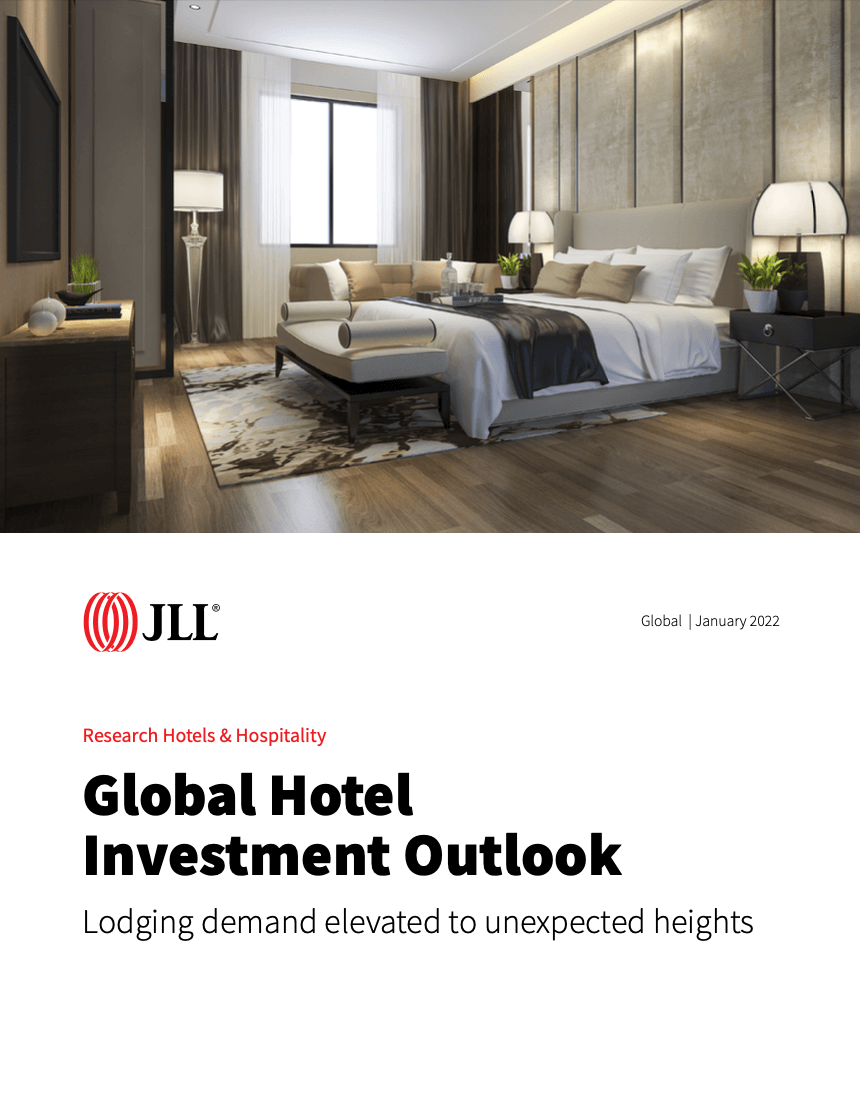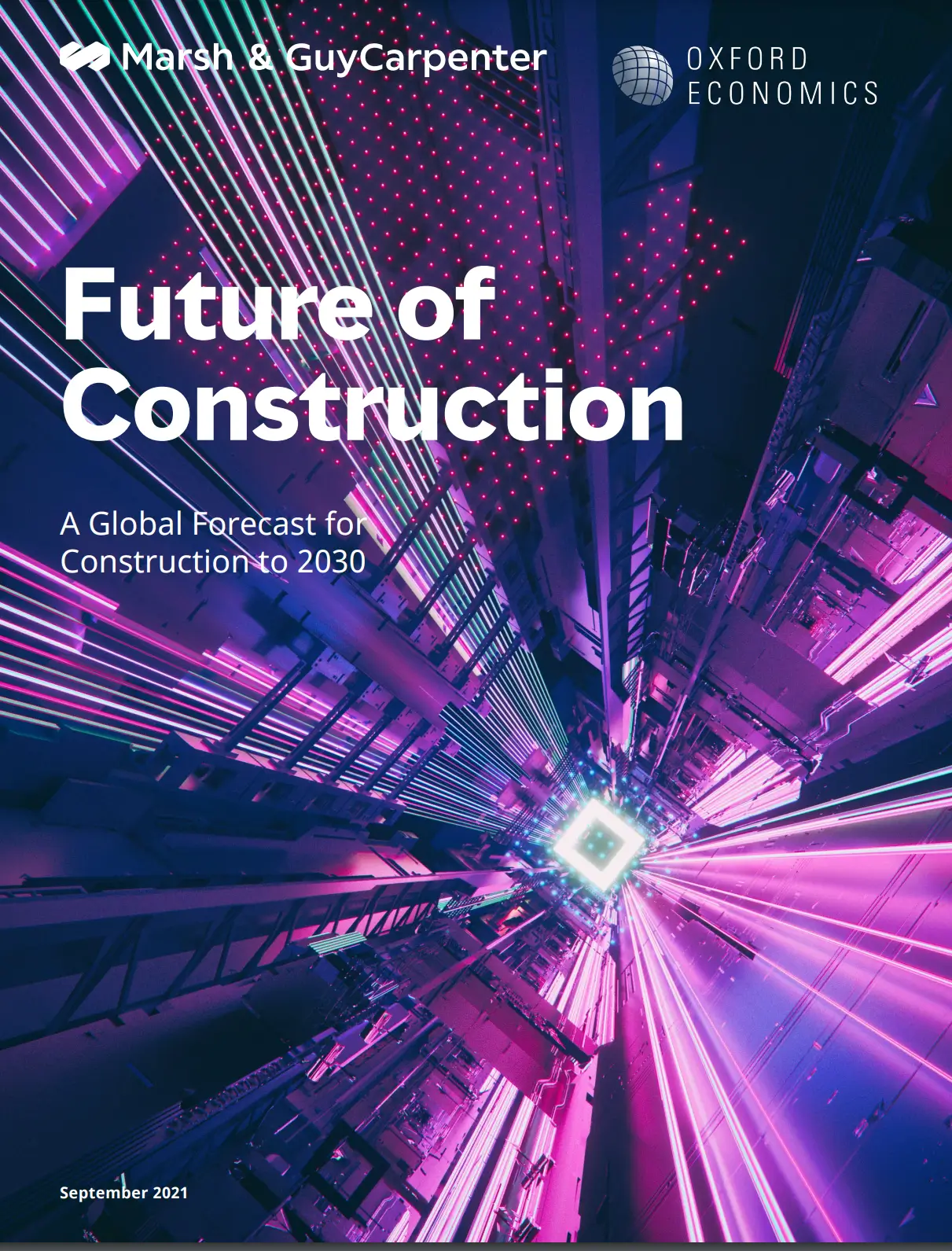Economic history is plain enough: major market disruptions have always accelerated innovation, changing our workaday world and delivering new normals that seemed unthinkable yesterday. Take the silicon chip for example: invented as recently as 1961, it paved the way for a cultural and social revolution that put computers in our homes, networks in the air and a new generation of teenagers in their rooms, locked to their mobile phones. Every day is different than before. And as the world moves on, leviathans like Amazon, Uber and Google speed it inexorably on its way. Because market disruption doesn’t just innovate change…it acts as a hotbed for opportunity, creating new horizons and bringing them closer every day.
And however gruesome and chilling it might be, COVID 19 is certainly a market disruptor of monumental proportions.
Just look at how the Hospitality Sector is responding to the Pandemic’s challenges: developing a series of new horizons and making the most of emerging opportunities in a way that is set to change the way we dine out, stay over and move around…forever.
This is the new normal.
Architects involved in new hotel developments are now including new design features to meet post COVID requirements; including separate washrooms and sanitising areas at the hotel entrance, properly isolated pick up and drop off facilities at the back end and inside, protected study areas to allow guests to engage in surrogate “home working” activities. And on a non-structural level we are also seeing an increasing use of “touchless technologies”: voice activated elevators, automatic temperature scanners, hands free light switches and automated entry points; all of them designed to minimise contamination risk in our post pandemic world.
There will be more open spaces in and around the hotel as well, enabling cross ventilation of air systems and maximum social distancing opportunities: and outside at least, that means more trees and more green spaces… which has to be a good thing in an increasingly environmentally conscious planet.
And all these measures are just as important at a basic behavioural level too: reinstilling a much needed sense of confidence for guests and travellers alike, to eat out and stay over with an added sense of assurance in the aftermath of the Pandemic. When it comes to innovation, it’s just as much about messaging as method.
Artificial Intelligence (or AI) is famously “what hasn’t been done yet”, but it still has a lot to do yet and AI technologies will certainly play a part in this new Global Hospitality future: everything from human speech recognition, intelligent network delivery and critical pattern recognition. Imagine being able to check in simply by saying who you are (rather than waiting behind a crowd of tourists, all of them wanting directions to the Taj Mahal); calling up a vegan friendly menu that’s automatically locked into the most up to date local supply networks and being sure the Hotel knows all about your allergy requirements the moment you click the “pay now” button on your computer at home. All these changes are being progressively reinvigorated and accelerated by recent disruptions in the market, and they will all unquestionably enhance service delivery standards like never before.
On the subcontinent in particular, companies like Eco Hotels are spearheading initiatives on all those fronts, giving a new and brighter edge to sustainability and innovative progress towards tomorrow’s markets.
Isn’t it about time we joined them…
DISCLAIMER: The views expressed are solely of the author and ETHospitalityWorld.com does not necessarily subscribe to it. ETHospitalityWorld.com shall not be responsible for any damage caused to any person/organisation directly or indirectly.
Article also published in the Economic Times.






